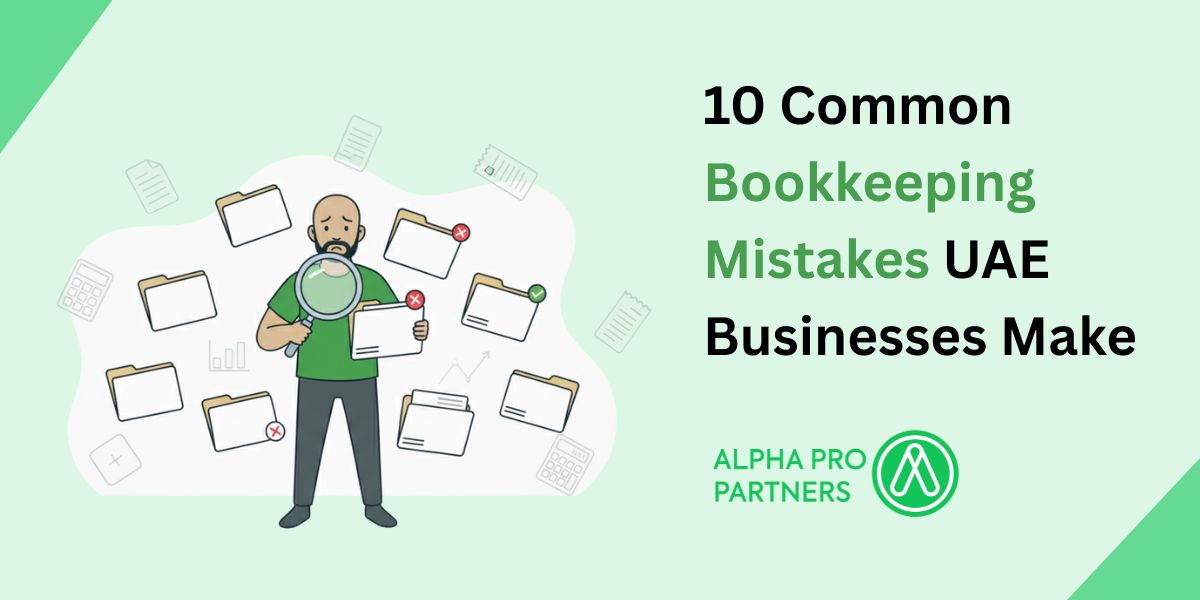How a small business can prepare for the exit strategy

A good succession plan can secure a business owner’s legacy and retirement. Here are some tips on how to prepare for this process.
What’s the role of the advisor?
Succession planning requires a wide range of skills. More than any single professional – or an organization – can provide. As trusted advisors, however, accountants and bookkeepers can guide small business owners through the succession planning process in a cost-effective way.
Three stages of succession planning
There are many steps involved in the preparation of a business for a new owner. Too many businesses do just one of them – offer their business for sale. A more strategic approach will lead to better outcomes. It can seem overwhelming to some business owners, so these can be broken up into stages:
- Forming an exit strategy
- Getting the business ready for sale
- Selling the business
Forming an exit strategy
Business owners don’t realize how long it takes to prepare and sell a business. They need to understand that it takes years and it needs to be a priority. Point out the risks of procrastinating – a more stressful exit, a lower price, and a messier handover. Agree on a plan and a schedule for all the steps to follow. Before you get started:
- Acknowledging emotions thought of leaving their business will stir powerful emotions for most owners. That could interfere with decision-making and communication. Recognize when emotions are running high and be patient as you work through these issues.
- Explaining the process of selling a business is a once-in-a-lifetime event for most owners. It’s difficult to see what’s coming and that probably makes you more nervous. Setting a schedule will help alleviate anxiety.
- Figure out who the most likely buyer is. A lot of businesses are sold to family or staff, and that may require special planning. For example, the purchaser may not have the cash to buy a business outright straight away. You need a plan for a slower transition and staggered payments.
Getting the business ready for sale
The business needs to be at its best when it goes to market. Take care of all those things that the owner has been putting off. Staff should be fully trained, and business systems modernized. Consider forming an advisory board of experts to help get the business humming. Some of the jobs to get done:
- Get the financial data to start buyers will want to see at least two years of clean financial data. If your client has neglected their accounts, prioritize getting them fixed. Don’t let them claim any private expenditure as a business expense. Use online accounting software such as Xero to keep records accurate and up to date so this doesn't become a rushed process.
- Increasing the value of the business this one sounds obvious but very few business owners do it. Figure out what drives value in the business and work on making those things even better. Similarly, start fixing the things that would give a buyer pause. You may need external consultants to help set priorities. With foresight and planning, this can make quite a difference to the sale price.
- Systematize everything you can Review workflows in the business to make sure everything gets done as efficiently as possible. Look for opportunities to automate functions by using software and apps for things like accounts receivable, accounts payable, payroll, job costing, and expense management. Make sure all processes are documented so a new owner can pick them up quickly.
Selling the business
At this stage, there is still much to do especially with external consultants. Make sure you know what to expect when:
- working with a broker
- getting legal advice on a contract
- prospective buyers performing due diligence
Map it out and get started
Simply creating a succession plan can give you a lot of comfort. Even if the path is long, you will feel better knowing what the journey holds. And while you may be reluctant to think about life after business, it never hurts to be prepared. If you would like to know more about Xero or would like to take up our discounted implementation offer, submit your contact details here and one of our consultants will be in touch.
DISCLAIMER
This article is an extract from the Xero website and is written in general terms and therefore cannot be relied on to cover specific situations; application of the principles set out will depend upon the particular circumstances involved and we recommend that you obtain professional advice before acting or refraining from acting on any of its contents.

.webp)







%20Widgets%2C%20Shortcuts%20%26%20Customisation.jpg)







.webp)
.webp)


.png)
.png)
.png)
.png)
.png)

.png)
.png)



.png)
.png)





.jpg)


.jpg)





.png)
.png)






.png)


